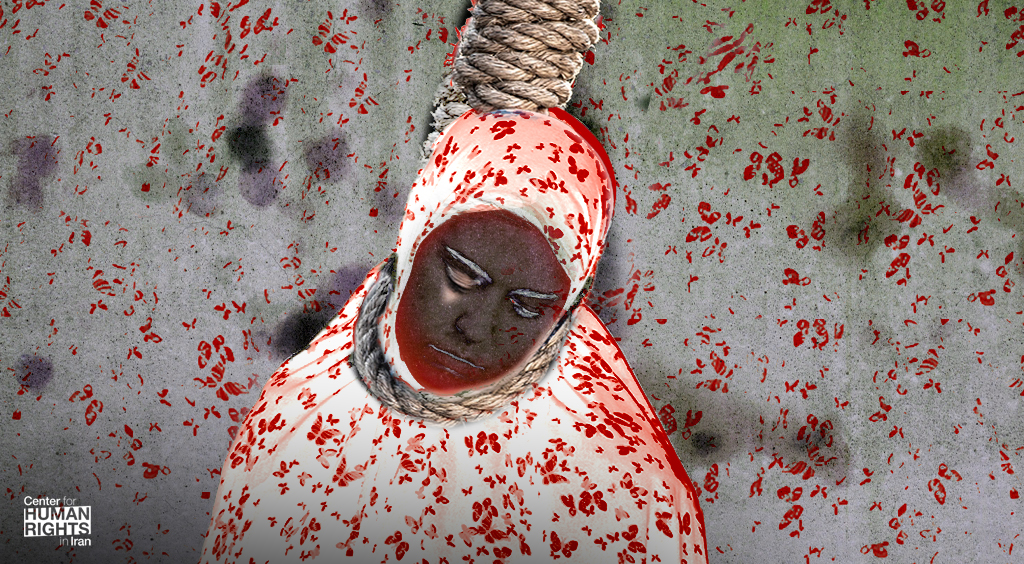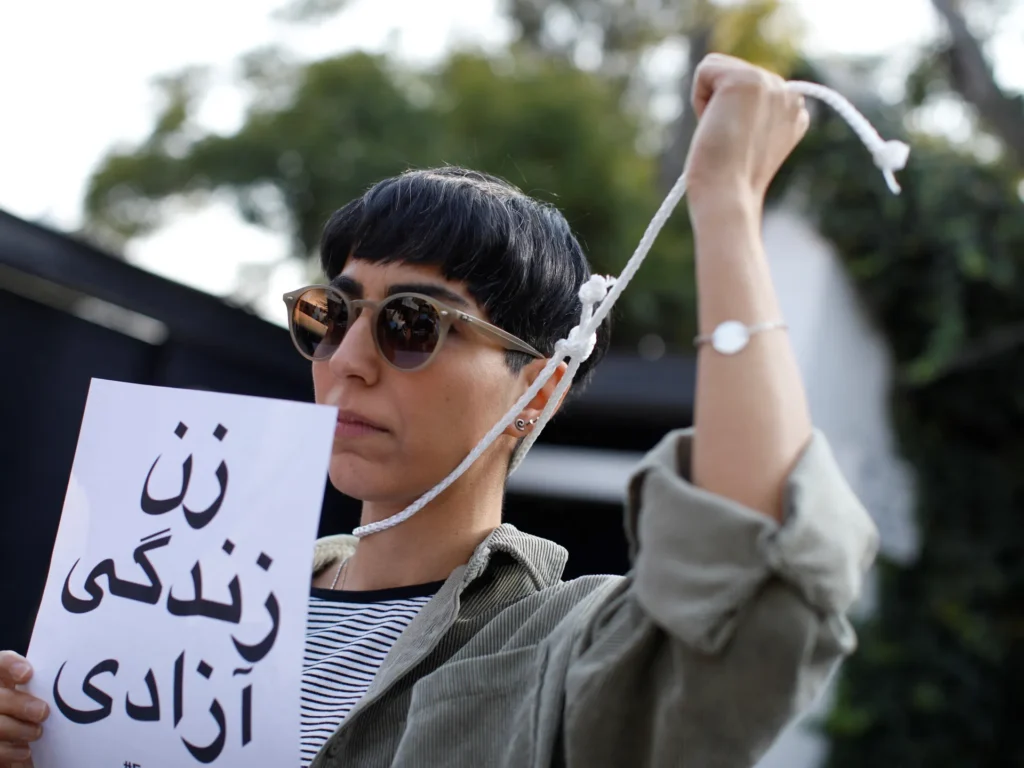Iran executed at least 31 women in 2024, marking the highest annual total since 2008, according to a report released Monday by Norway-based Iran Human Rights (IHR). This figure contributes to a total of 241 women executed between 2010 and 2024, as documented by the NGO.

The majority of the women were executed on charges of murder or drug-related offenses, with nearly 70% of those convicted for murder involving cases of domestic violence. IHR’s director, Mahmood Amiry-Moghaddam, condemned the trend, stating, “The execution of women in Iran not only reveals the brutal and inhumane nature of the death penalty but also exposes the deep-rooted gender discrimination and inequality within the judicial system.”
The report highlights systemic issues within Iran’s judicial system. Under the country’s “qisas” law of retribution, a life must be taken for a killing unless the victim’s family grants forgiveness or accepts financial compensation. This framework often disregards extenuating circumstances, such as domestic violence or self-defense.
One chilling case involved Zahra Esmaili, a woman forced into marriage after a rape left her pregnant. Convicted of killing her abusive husband, a government official, Esmaili suffered a fatal heart attack after being forced to witness group executions. Authorities hanged her lifeless body regardless, according to her lawyer.

The IHR report notes a surge in executions, particularly after the nationwide protests of 2022–2023. Activists suggest authorities are using the death penalty as a tool to suppress dissent and instill fear. October 2024 recorded 166 executions, the highest monthly figure since IHR began documenting such cases.
Currently, several women remain on death row, including Kurdish activists Varisheh Moradi and Pakhshan Azizi, whose executions are reportedly imminent.
The report reveals that only 26% of women’s executions were officially announced by Iranian authorities, with recent years seeing this figure drop to 12%. Additionally, the Abdorrahman Boroumand Center for Human Rights in Iran reported at least 930 total executions in 2024, up from 811 in 2023 and 579 in 2022, indicating a troubling upward trend.
The revelations have sparked widespread condemnation from human rights groups, urging the international community to pressure Iran to reform its judicial system and halt its escalating use of capital punishment, particularly against women and marginalized communities.



